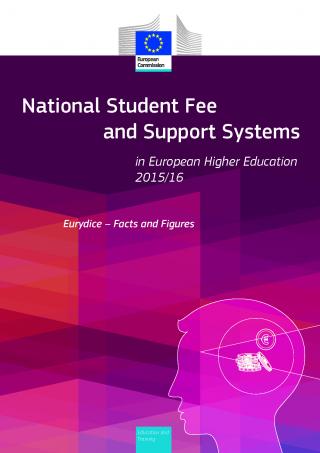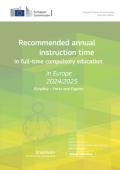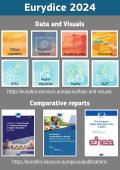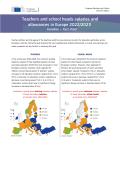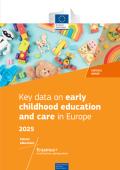National Student Fee and Support Systems in European Higher Education – 2015/16
Full version EN
This annual report shows how fee and support systems (including grants and loans) work in higher education in Europe. In addition to providing a comparative overview of fees and financial support available for full-time students in 2015/16, it also includes individual country sheets outlining the main elements of national systems.
In particular, the publication describes the range of fees charged to students and specifies which categories of students are required to pay, and which may be exempt. Similarly it explains the levels of public support available in the form of grants and loans, as well as tax benefits and family allowances where applicable.
The report focuses on fees and support in public or government-dependent private higher education institutions for the first (Bachelor level) and second (Master level) cycles and does not cover private higher education institutions.
Information covers the 28 EU Member States as well as Bosnia and Herzegovina, Switzerland, Iceland, Liechtenstein, Montenegro, the former Yugoslav Republic of Macedonia, Norway, Serbia and Türkiye.

